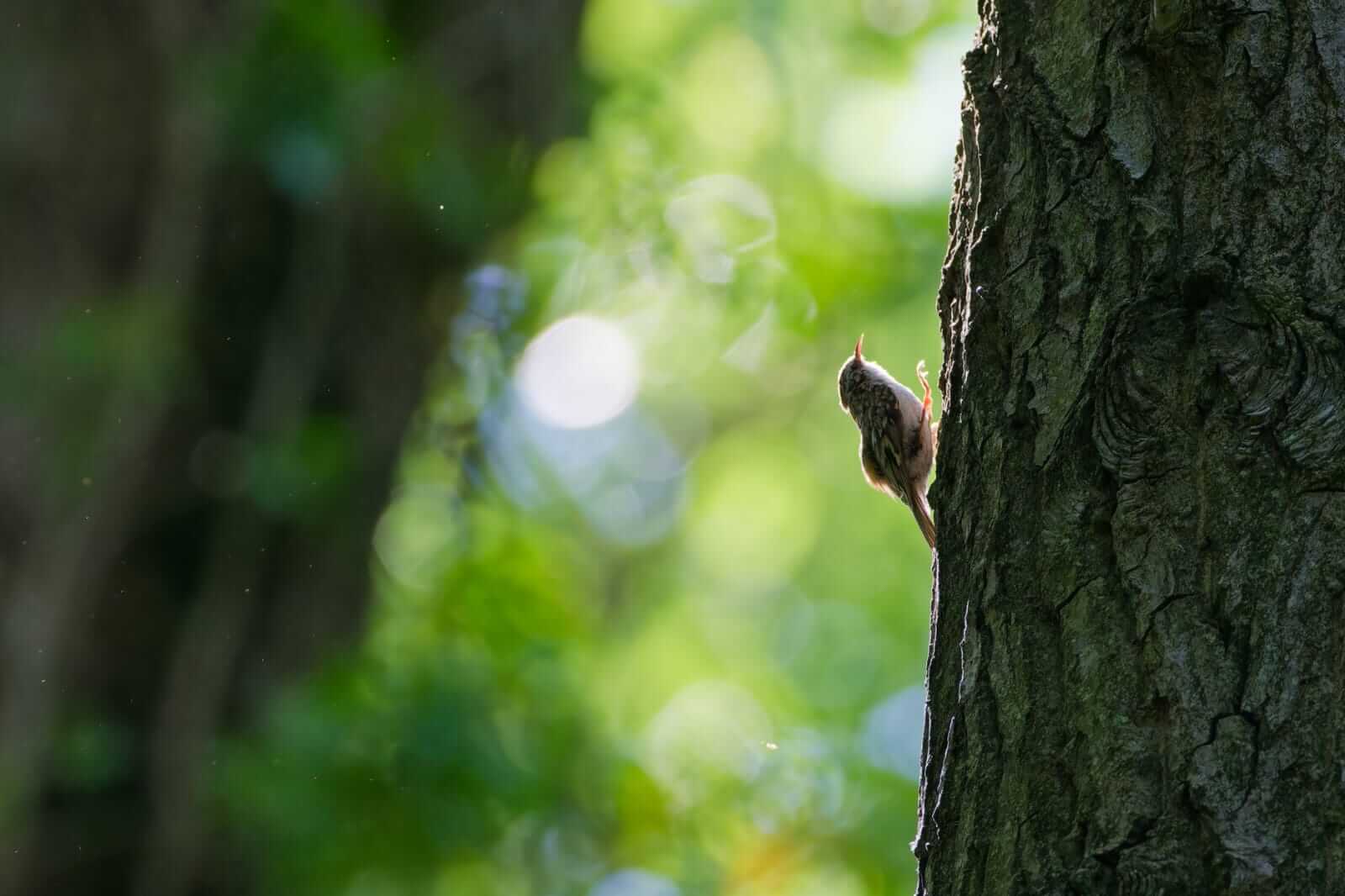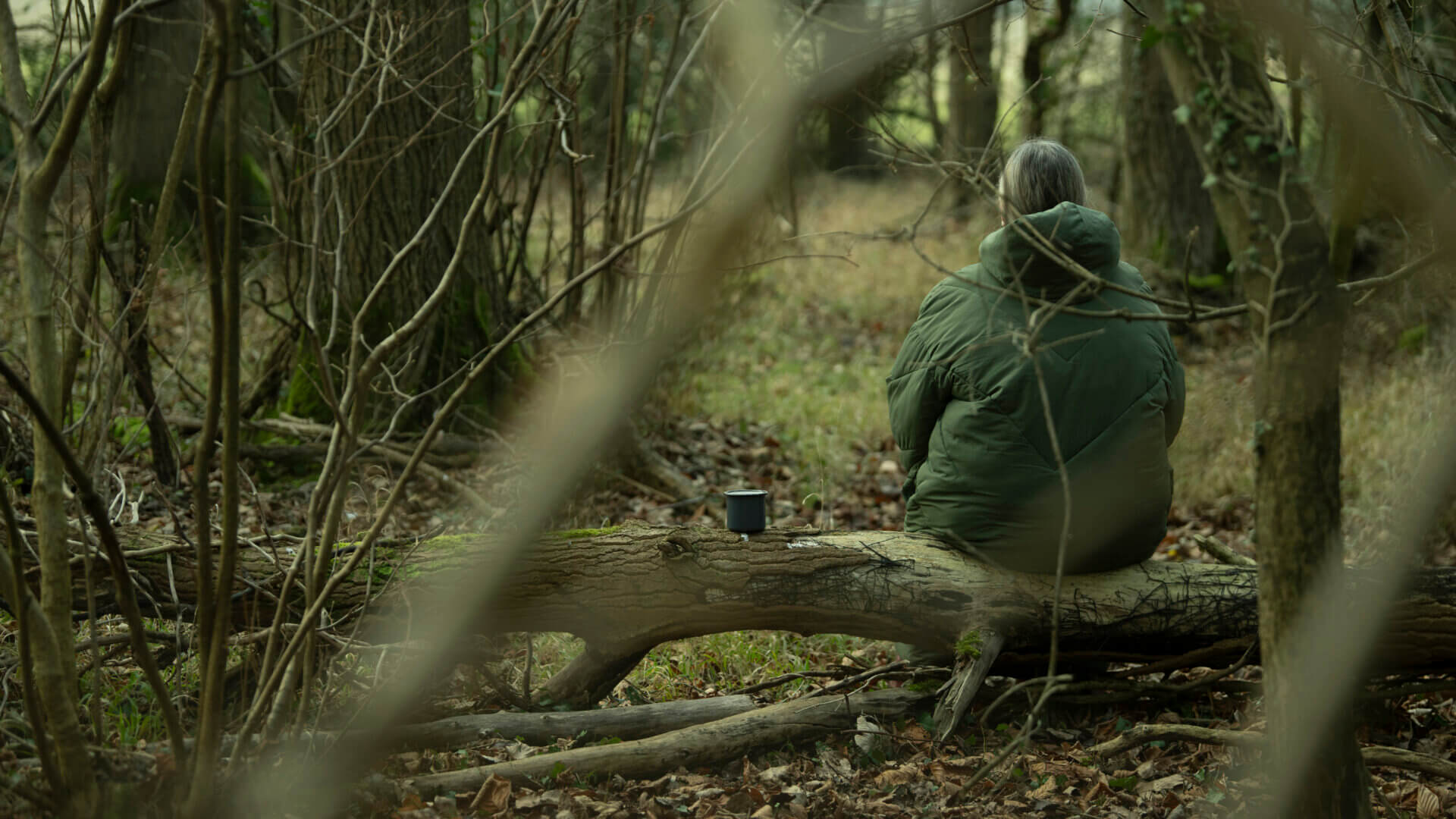
Mindfulness and Forest Bathing – Shinrin-yoku
Modern life is hectic: our brains and senses are being constantly ambushed by blue lights and fluorescents, the pinging and ringing of mobile phones. The never-ending to-do list racing through our heads like the cars rushing through crowded streets, accompanied by the perfume of smoke.
We can’t keep up. The British government declared that one in six people will experiencing depression or anxiety this week alone, with one million more people accessing NHS mental health support over the last five years. We cannot keep up with the cacophony of modernity. Because we’re not meant to.
Spending time in nature, being one with our surroundings, is what human beings have always done. The natural world is our shelter, our food, our medicine and, fundamentally, our companion. When we are in nature, it has scientifically been proven to help with stress, worries, health conditions and instead cultivate feelings of contentment and serenity. It is not just the chance to slow down but it is a way to find ourselves again.

The Japanese phrase Shinrin-yoku was introduced in the 1980s by Director of the Japanese Forestry Agency and translates to ‘forest bathing’. This is the practice of “slowly and mindfully walking in the forest environment while using all five senses”. The scientific research surrounding Shinrin-yoku is overwhelming positive, healthcare professionals heralding it as a powerful tool for managing stress, anxiety and other psychological distresses (International journal of environmental research and public health).
Part of its success is due to its roots in mindfulness, which dates back Buddhist traditions from the first century BC. As time has gone on, the practice has come to be understood as slowing down and observing not only what is happening outside but inside someone, being present and open to their current state. The effectiveness of mindfulness is outside is thought to be due to the ability to reflect on stresses while in a neutral, safe environment.
Just imagine trying to process a big change in your life while crossing the road at Piccadilly Circus, or in a windowless office. Or just imagine trying to sit still and think of nothing. It’s difficult; there are always distractions tugging you away physically, and mentally. Whereas if you now surround yourself with green spaces, real living, breathing wildlife and not concrete creatures, it’s easy to slow down. To notice what’s around. Peaceful as drifting off to sleep.

At Belmont, we encourage the principles of Shinrin-yoku and incorporate them in our Nature Connection sessions, gently guiding children and adults to just observe and appreciate the landscape. Simple but strong.
Forest bathing and mindfulness are personal explorations and sculpted by individuals. But the basic principles involve giving into your instincts, your senses; what colours can you see? How does the mud feel beneath your feet? Or maybe it’s grass? Can you hear any birds? What flowers can you smell?
Disconnecting from screens, sirens, synthetics for just a short while to simply exist alongside nature is one of the best remedies we have for ill health. Before we lose ourselves to the chase, slow down even if its only for a deep inhale under the trees. Afterall, it is what we’ve always done and what we are meant to do.